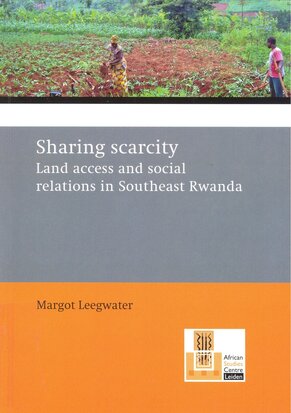
Categories
Search
Shopping cart
Recent publications
- Books /
- ASC publications /
-
Sharing scarcity: Land access and social relations in south-east Rwanda

Information:
ISBN
9789054481454
Auteur
Margot Leegwater
Kaft
Paperback
Uitgeverij
ASC Leiden

